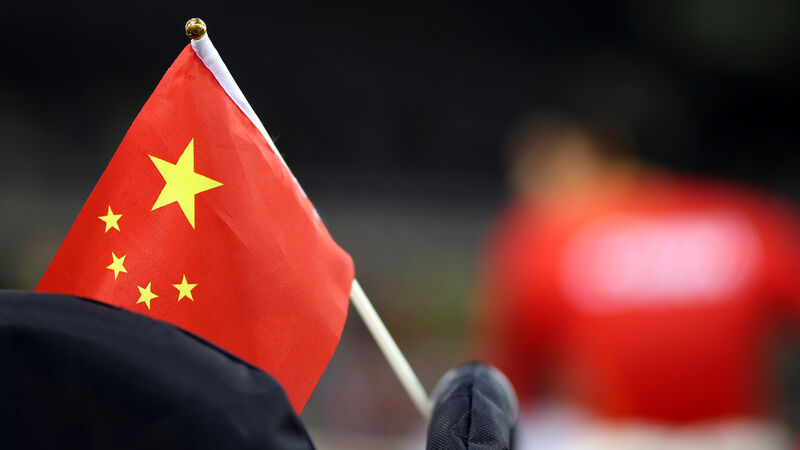China imports less infant formula food from Irish-based producers in Covid year

Ireland is one of the largest producers in the world of infant formula, producing a high-value product for Irish farmers and delivering hundreds of direct jobs at plants across Munster that are owned by European food giants, including Danone and Nestlé. Picture: James Warwick
Irish sales of hugely lucrative infant formula food to China fell last year amid the Covid-19 pandemic, bringing to a halt a growth surge over many years of an industry that provides hundreds of jobs.
Ireland is one of the largest producers in the world of infant formula, producing a high-value product for Irish farmers and delivering hundreds of direct jobs at plants across Munster that are owned by European food giants, including Danone and Nestlé.











